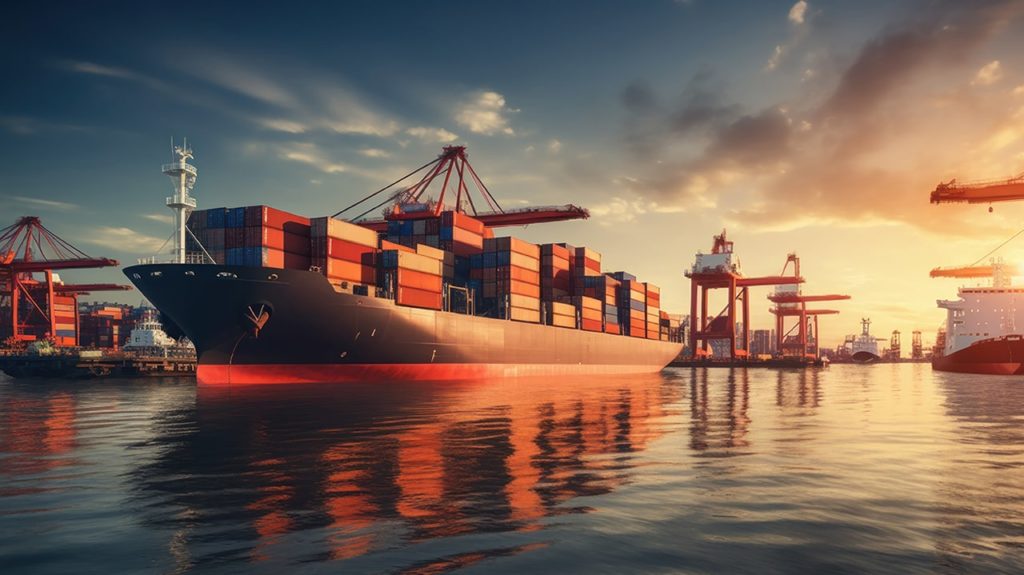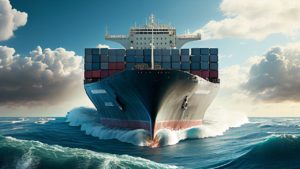Crew change is a critical aspect of maritime operations, involving the rotation of crew members on and off ships. However, it’s not just a logistical challenge – it’s also a matter of seafarer well-being. Optimizing crew change processes can significantly enhance the quality of life for those at sea.
The Importance of Crew Change
Crew change is essential for maintaining the health, safety, and morale of seafarers. It ensures that crew members get the rest they need and have the opportunity to reconnect with their families and life on land.
Challenges in Crew Change
Despite its importance, the crew change process can be fraught with difficulties. These can range from visa issues and travel restrictions to scheduling conflicts and administrative hurdles. These challenges can lead to delays or cancellations of crew changes, causing stress and uncertainty for seafarers.
Optimizing Crew Change for Well-being
Here are some strategies for optimizing crew change to promote seafarer well-being:
- Efficient Planning and Coordination: This involves scheduling crew changes well in advance and coordinating with various stakeholders, including shipping companies, port authorities, and travel agencies.
- Clear Communication: Keeping crew members informed about the status of their crew change can alleviate anxiety and uncertainty.
- Support Services: Providing support services, such as counseling and health care, can help seafarers cope with the stress associated with crew change.
- Regulatory Compliance: Ensuring compliance with international maritime laws and regulations can prevent legal issues that could complicate the crew change process.
Conclusion
Optimizing crew change is not just about efficiency and cost-saving; it’s also about caring for the well-being of seafarers. By planning effectively, communicating clearly, providing support services, and complying with regulations, we can make crew change a positive experience for all involved




